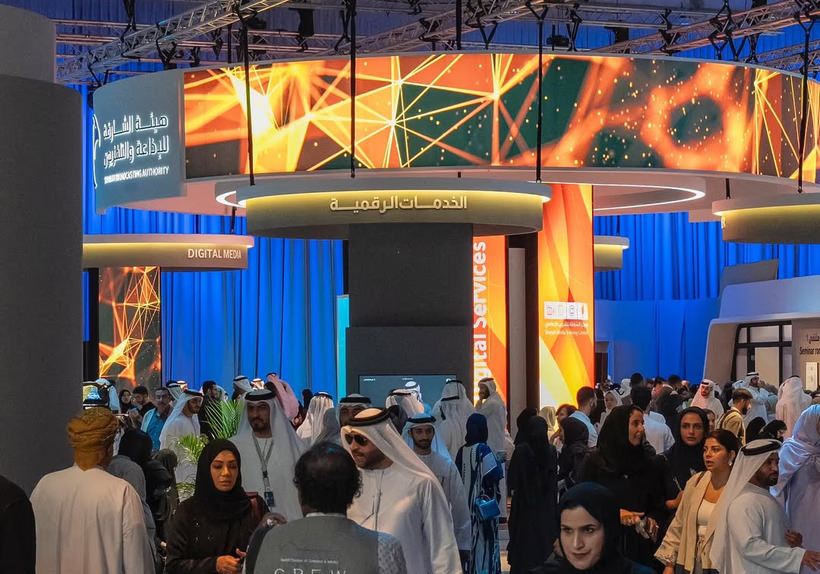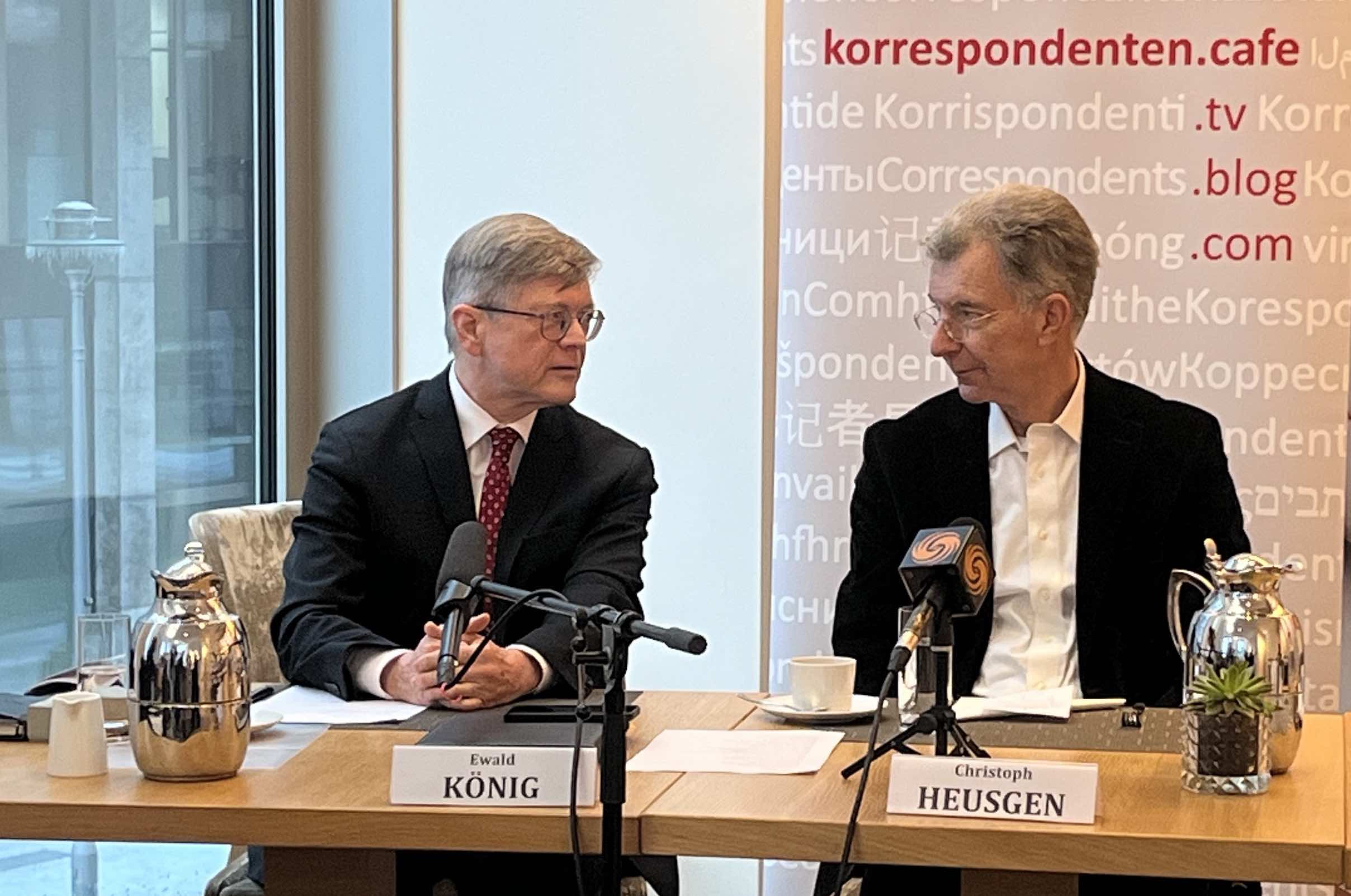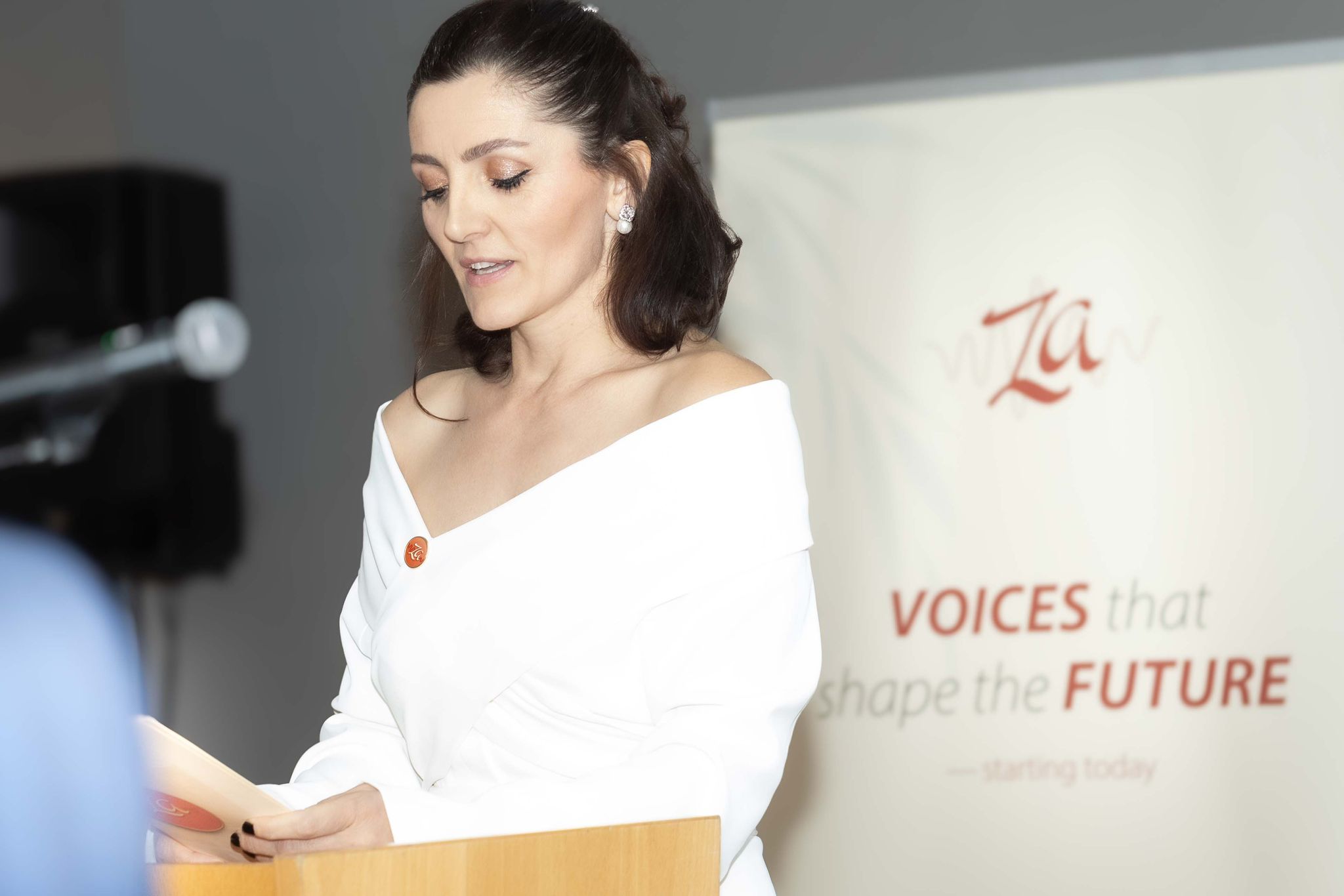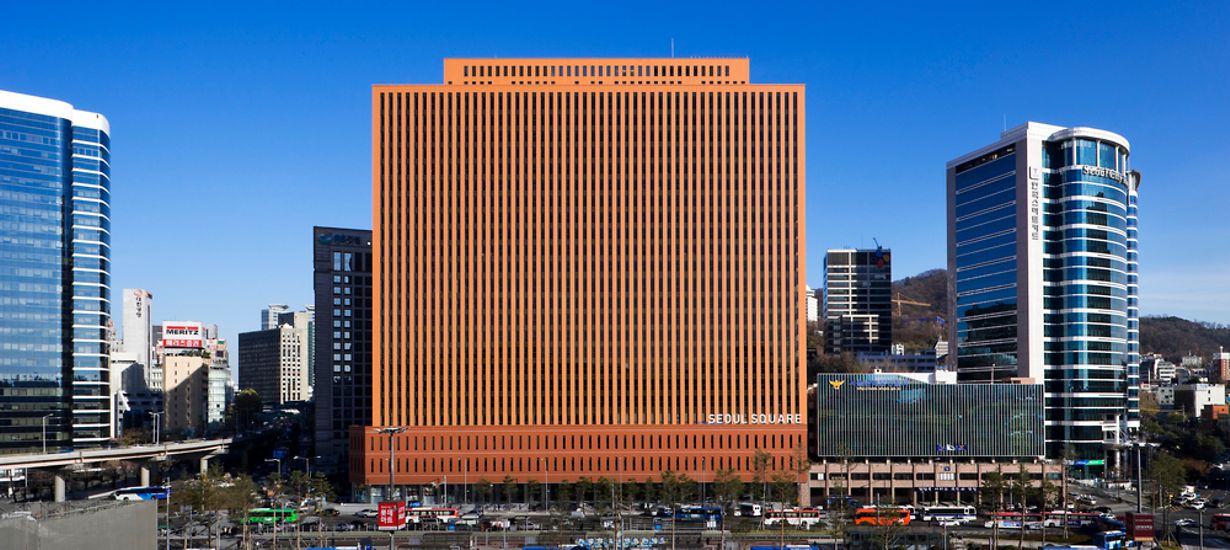diplo.news
The Gulf Conference is exploring new approaches to refugee integration
By Ralf Krüger, Sharjah

According to estimates, a total of 122 million people worldwide are affected by displacement and forced migration. In the Sudan conflict alone—the world's largest humanitarian catastrophe, which has received little public attention to date—nearly 25 million people are at risk of acute hunger, according to the United Nations. How are host countries dealing with these refugees, and which approaches have been most successful in integrating them so far? A two-day conference in the United Arab Emirates (UAE) that ended on Thursday attempted to answer these questions. Held in the city of Sharjah, the conference evaluated the work of the UN Refugee Agency UNHCR, among other things. UNHCR spokesperson Khaled Kabbala spoke at the International Government Communication Forum (IGCF) about the enormous humanitarian challenge posed by the increase in global refugee flows.
“In the past year alone, we had 40 major crises to deal with — it is extremely important to give refugees a new prospects,” he explained. In view of the intensifying conflicts, the inclusive and sustainable integration of refugees or displaced people is of utmost importance.In addition to modern technologies and strong communication partners, social media could also play a major role, according to other guest speakers. They could certainly promote social acceptance and generate attention for refugees. It is also important to provide displaced or refugee people with opportunities for rapid further training in order to reintegrate them into the working life of their host countries. This is particularly true in the digital sector. Kabbala: “All refugees need is hope to free themselves from poverty and then contribute to prosperity in their host countries.” New, creative approaches are therefore needed.
The conference also addressed the question of appropriate communication in times of global crises such as COVID-19 or other humanitarian challenges. Transparency is particularly important in times of crisis. “Making decisions requires dialogue and building trust,” said Deputy Ruler of Sharjah, Sultan bin Ahmed Al Quasimi, right at the opening. At the conference, several speakers also emphasized the need for open, fact-based communication to reduce public anxiety and counteract rumours and misinformation. The use of data analysis through artificial intelligence (AI) could also be helpful.
The meeting was overshadowed by Israel's attack on a residential building housing Hamas officials in neighboring Qatar. Although there was no reaction at the meeting itself, it dominated the discussions on the sidelines. The United Arab Emirates (UAE) has been trying for some time to distinguish itself as a kind of intermediary in the competition between the major powers and at the same time to expand their economic presence, particularly on the neighboring continent of Africa through their state-owned companies. After overtaking China last year as the largest source of funding for new business projects in Africa, they stepped up their efforts again last month with investment commitments totaling $105 billion for several African countries.




